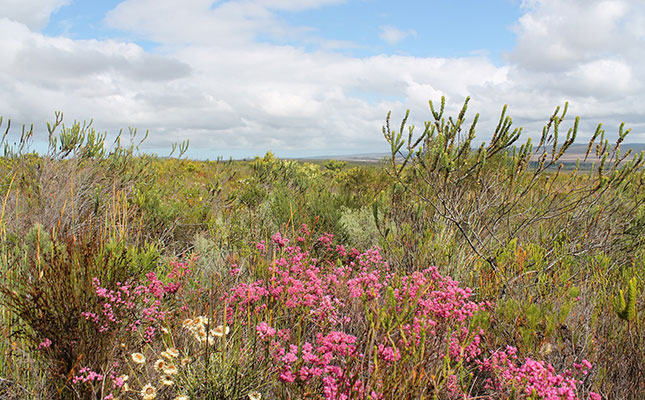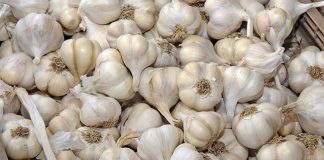
Photo: Denene Erasmus
The six-week national lockdown has been devastating for the South African wine industry.
The risk posed to producers of missing export windows and, as a result, losing valuable shelf space can be crippling for the reputation of a brand, according to the manager of World Wild Fund- South Africa’s (WWF-SA) fruit and wine programme, Shelly Fuller.
But, according to Fuller, who was one of the speakers during a webinar hosted by WWF-SA, wine producers were finding innovative ways to create brand awareness and stay connected with their customers.
WWF-SA played an active role in the South African wine industry, working with land stewards of the Cape Winelands, a region home to both award-winning vineyards and critical habitats of the Cape Floral Kingdom.
The wineries that become official WWF-SA Conservation Champions were dedicated to conservation, employed responsible production practices such as efficiently managing natural resources including water, soil and energy, Fuller explained.
The panellists also included, Grant Baxter, head of sales and marketing from Gabrielskloof Wine Estate in Bot River, and Nora Thiel of Delheim Wines near Stellenbosch.
Fuller said the COVID-19 lockdown coincided with the peak harvesting period. In addition, because wine was deemed a non-essential product during the lockdown, a ban was placed on domestic wine sales.
The industry also suffered further losses due to the closure of hospitality and tourism businesses, and the fact that exports were not allowed until recently.
It was estimated, Fuller said, that the industry suffered losses of R500 million a week during the “hard lockdown”. Losses could deepen further for this industry, which employed about 40 000 people on farms and 250 000 throughout the value chain, due to the ban on local alcohol sales still being in place during the Level 4 lockdown period.
The panellists agreed that, due to climate change, consumers were expecting farmers to produce wine in a more sustainable way.
“Ethical” purchasing decisions by consumers was a growing trend. Discerning consumers would definitely “read the labels carefully”, or research information on individual wine farms and make their buying decisions accordingly.
Those wineries that were already practicing sustainable and ethical wine-making could now use this information to their advantage in the market, the panellists said.
Thiel said, to increase brand awareness in preparation for the resumption of trade post-COVID-19, the winery was “sharing stories of the unique environmental practices” employed on the farm, and the work the farm was doing to conserve the critical habitat in which it was situated.











